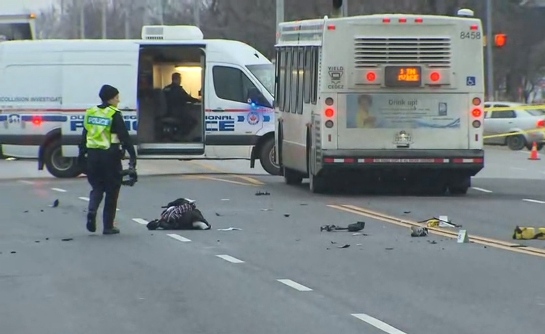Emmalee Jacobs was a bright Iowa State University student whose life was tragically cut short without reason. Just six months ago, shortly after her senseless death was presented in a courtroom, a distraught family, jury, and nation stood in shock as the man responsible for taking her life was handed down a sentence of just 30 days in jail.
Thanks to public outcry on Emmalee’s behalf, a proposed law by the name of Emmalee’s Law was drafted by the County Attorney’s Office. The law would make it possible for prosecutors to seek harsher penalties and longer sentences for people who commit crimes similar to Emmalee’s assailant. The hope is that with the redefinition of personal injury laws, the courts will have more power. It also aims to ensure that another family will never have to sit idly by and watch their loved one’s death mean so little.
On December of 2015, Jacobs, who was a student at Iowa State University, was fatally struck by a bus as she was crossing Ash Avenue a little after seven Am. Benjamin Clague, who is now 24, wasn’t arrested until late January when he was found to be the one driving the bus. Having failed to obey the traffic device, he was charged with fleeing the scene of the accident.
In August, he entered a plea for a lesser charge — failure to report an accident — that came with much more lenient sentencing and a misdemeanor charge. The judge insisted that the prosecution must have proof that Clague was responsible for striking the student and that he could not be charged in the personal injury suit for a hit and run accident.
Clague’s defense was that he hadn’t known that he struck her. He only felt the impact, and it wasn’t until later that he actually figured out what had happened. His defense was that since he didn’t know what he did, he couldn’t report it to the proper authorities.
When the judge ruled that it was only a misdemeanor, the state’s case could no longer hold the same merit, and a plea agreement was the only recourse that the prosecution had. Iowa’s law states that any person who operates a motor vehicle and leaves the scene of an accident must immediately give notice to the proper authorities once they realize that the accident may have resulted in either the injury or death of the person involved in the accident.
Should it pass, Emmalee’s Law would change the existing one so that those who injure others could be found guilty in one of three ways. If the accident results in nothing more than a minor injury, it becomes a serious misdemeanor. If it results in severe injury, it becomes an aggravated misdemeanor. If it results in the death of a person, then it becomes a Class D felony. Because it is only the first draft of the law, there is skepticism as to whether it will stand, although what the law does have in its favor is the backing of public opinion in Iowa.
What is for sure is that the law is a critical first step to defining the gray areas in personal injury suits of this kind. As it’s not the first time that a personal injury case is settled both criminally and in compensatory terms on very vague definitions, any more credence and parameters you can give to the existing law will aid prosecutors, defense, and judges in sentencing and guidance in calculating personal injury compensation.
A personal injury lawyer near me can confirm that many families have been destroyed, and people disabled, by personal injury cases involving motor vehicles. Whether it is caused intentionally, as a result of driving while intoxicated, or simply by negligence, there needs to be some equitable solution for both sides of the court case.
Jacob’s family has been left without a daughter due to the negligence of someone who may or may not have known what happened. But surely her life was worth more than 30 days in jail. As her family waited nearly a month and a half for justice, they presumably didn’t think that the person who was responsible would do less time than that after he waited to come forward and tell the events of the accident that took their daughter’s life.
